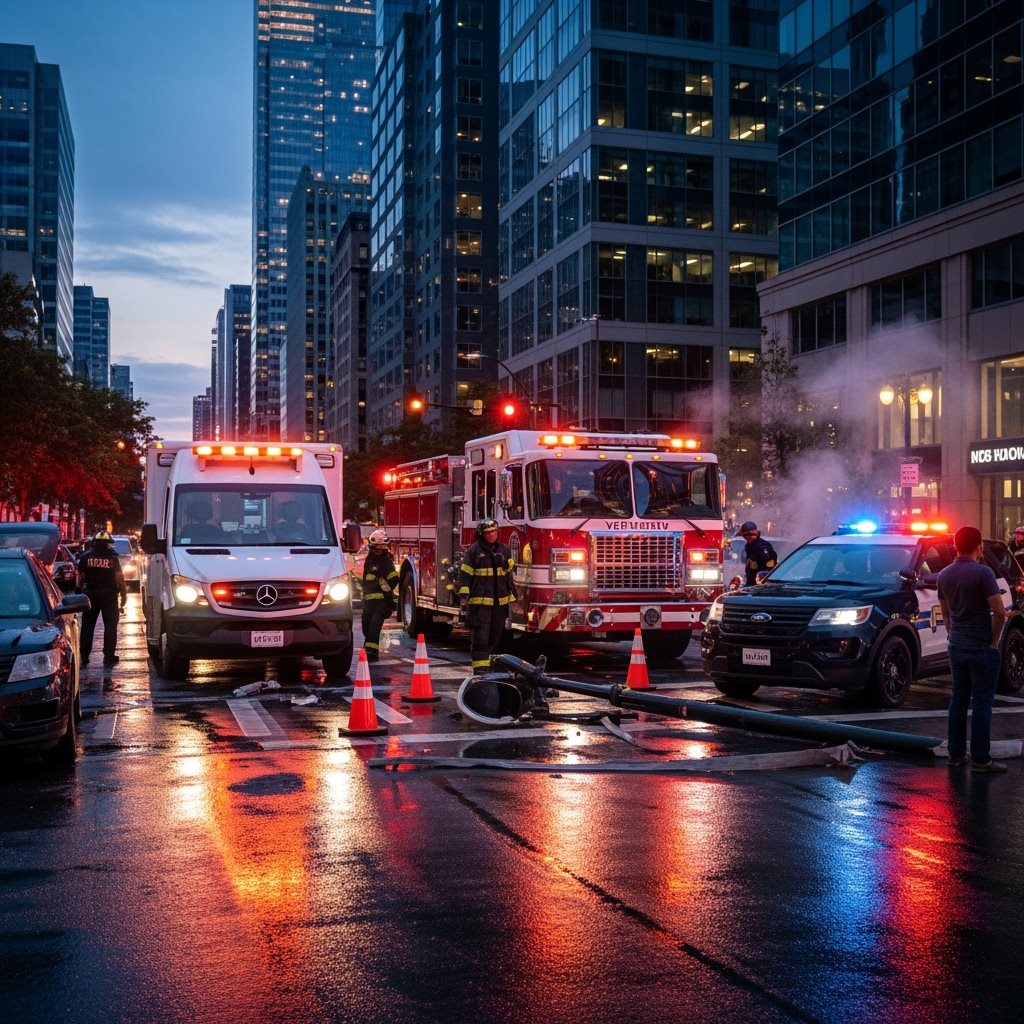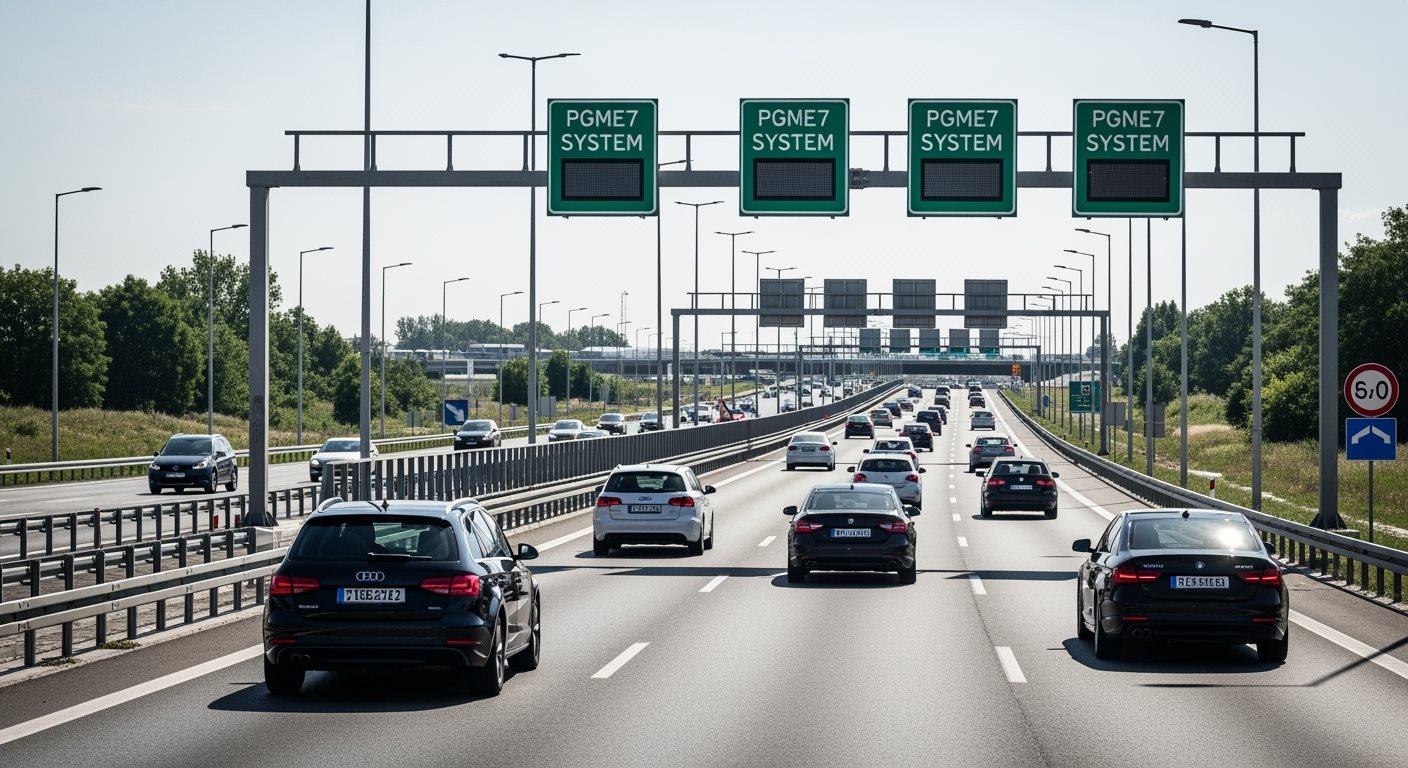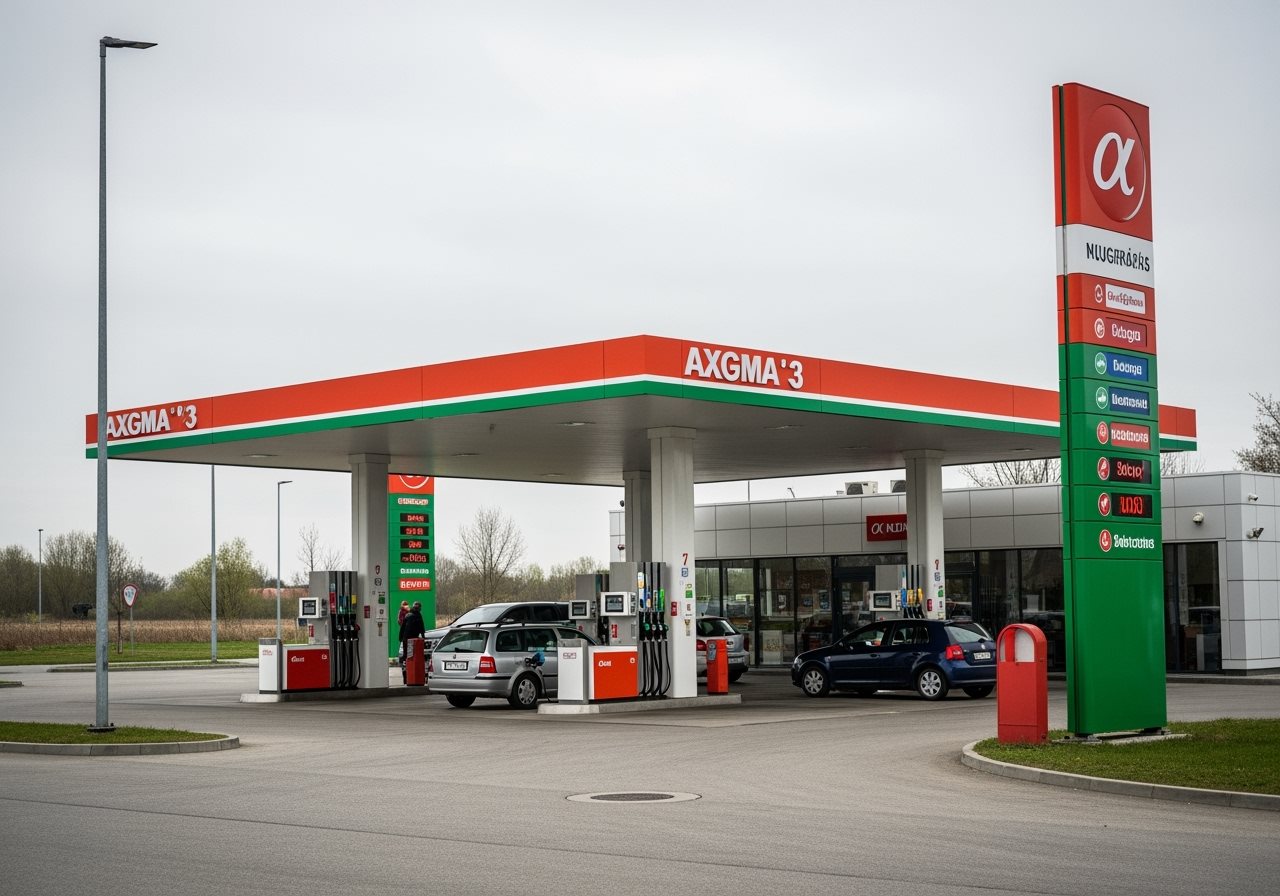Official Exempt Vehicle Categories
Hungarian law specifically defines which vehicles are exempt from requiring a vignette when using toll roads. These exemptions are granted to vehicles that serve essential public functions or special purposes. The exemption system is designed to ensure that critical services can operate efficiently without the administrative burden of vignette purchases.
The primary exempt categories include vehicles operated by the Hungarian armed forces, public road management bodies, civil defense organizations, and other authorized entities. These exemptions are not automatically granted to all vehicles that may appear similar; they require proper authorization and documentation.




